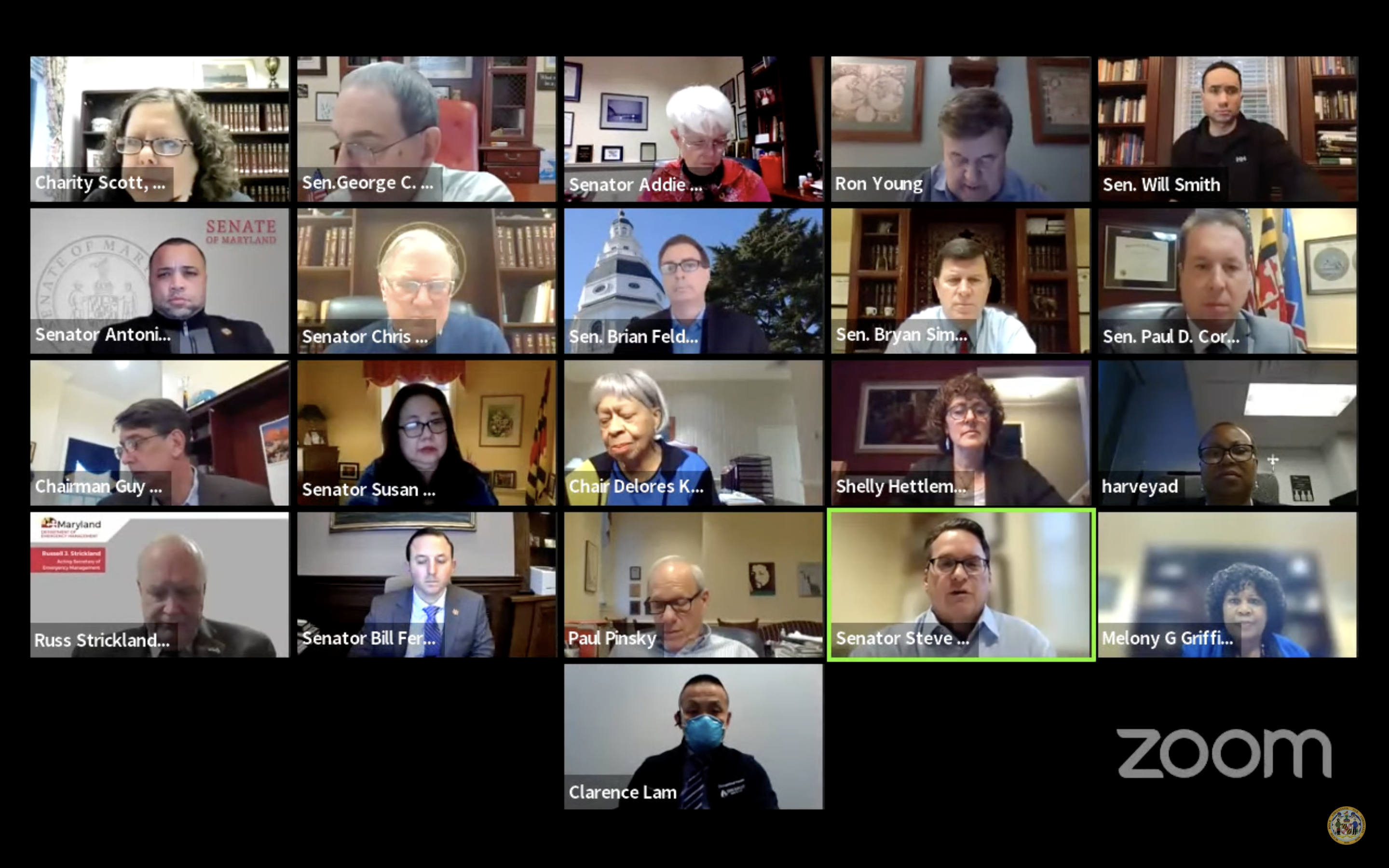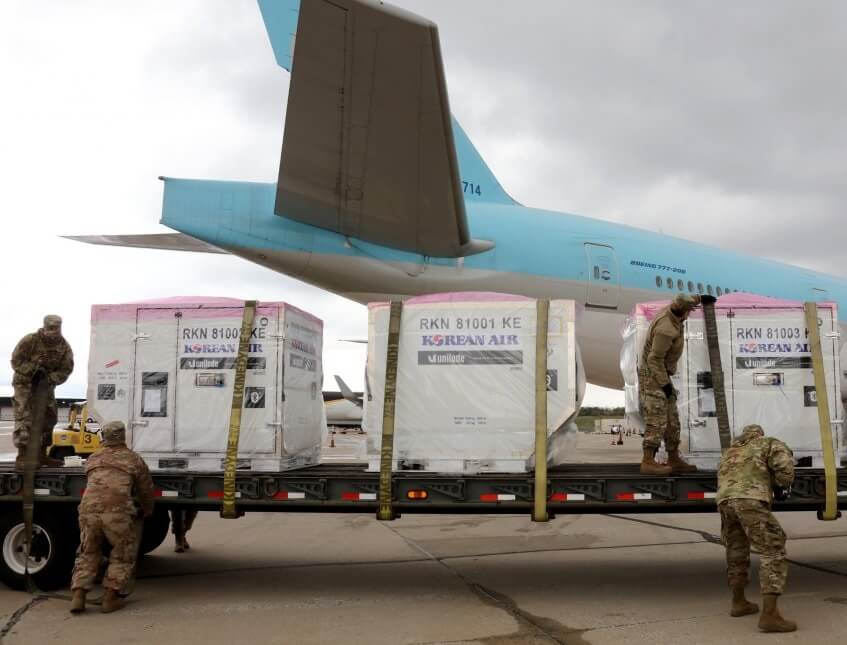Md. Dept. of Health Increases Mental Health Resources For Frontline Workers, First Responders
The Maryland Department of Health announced Tuesday that it has partnered with experts statewide to bolster mental health resources for frontline workers and first responders in the face of the COVID-19 pandemic.
“As important as our physical health and wellness is right now, we must also emphasize mental health,” said Health Secretary Robert R. Neall in a statement. “From people who are cut off from loved ones or living in difficult situations, to those working on the frontlines in stores or in healthcare settings, support is available to those who need it.”
According to a Tuesday news release, the department’s Behavioral Health Administration has seen an uptick in calls to the state’s mental health and substance abuse crisis hotline — calls were up 45% from February to March.
The Behavioral Health Administration is encouraging frontline workers to seek assistance before tipping over the crisis point by increasing the number of resources available to those struggling to maintain their mental health over the course of the state of emergency. These resources include new tools like an interactive telebehavioral health map to help Marylanders find professional care providers.
The department has also launched Operation Roll Call — a program to check in on the state’s veterans over the phone. This service, based on the Department of Aging’s Senior Call Check-in, will continue after the pandemic has subsided.
“Disasters are known to be followed by increases in PTSD, depression, substance use, suicidal thoughts and attempts, domestic violence and child abuse,” said Dr. Aliya Jones, deputy secretary for the state’s Behavioral Health Administration, in a statement. “However, that doesn’t have to be the case. We can minimize increases in these after effects by taking advantage of available emotional support and treatment resources.”
The Maryland Department of Health is collaborating with other agencies to combat negative mental health effects brought on by COVID-19 by listing resources on the state’s COVIDConnect website for those who have recovered from the virus; facilitating webinars for the Maryland Primary Care Program to support health care workers; and crafting a burgeoning program to offer mental healthcare services to nursing home staff.
Eldercare facilities have been particularly hard-hit in the face of the COVID-19 pandemic. As of Tuesday morning, nursing homes have accounted for 48% of the state’s total COVID-19 deaths.
“Nursing home staff are facing especially difficult situations, given the impact of COVID-19 on the elderly and physically vulnerable. They often work for years with residents who become like family,” Jones said. “Many of these frontline healthcare workers need mental health support now, and we cannot ask them to wait in line to get help.”
The Behavioral Health administration is looking for volunteers across the state to grow the program. Those who are interested can request more information at [email protected].




 Creative Commons Attribution
Creative Commons Attribution